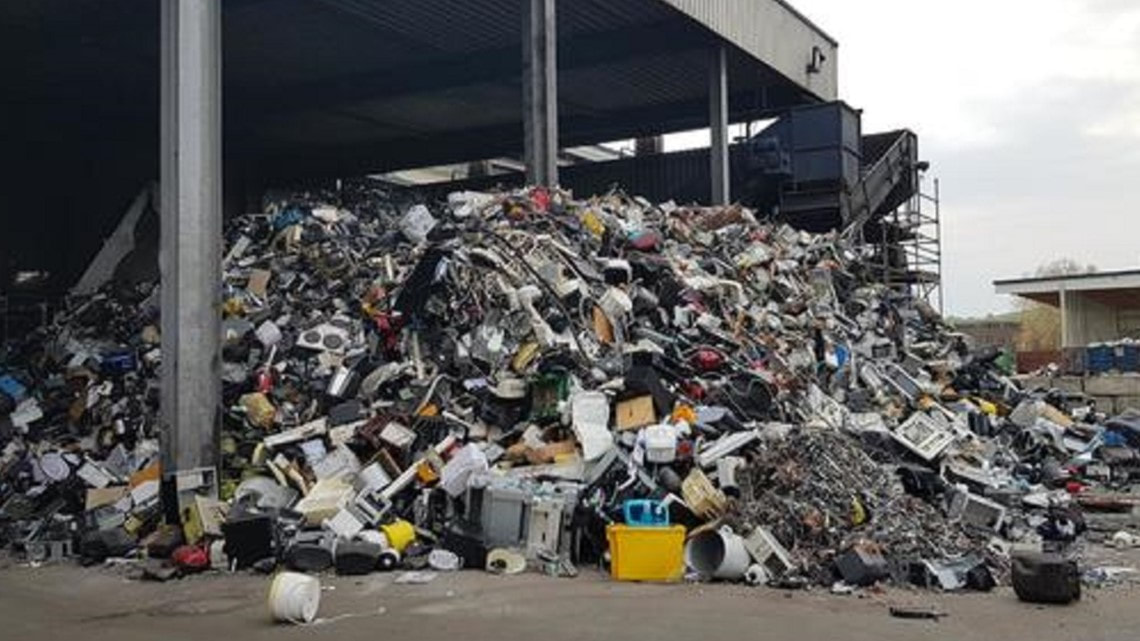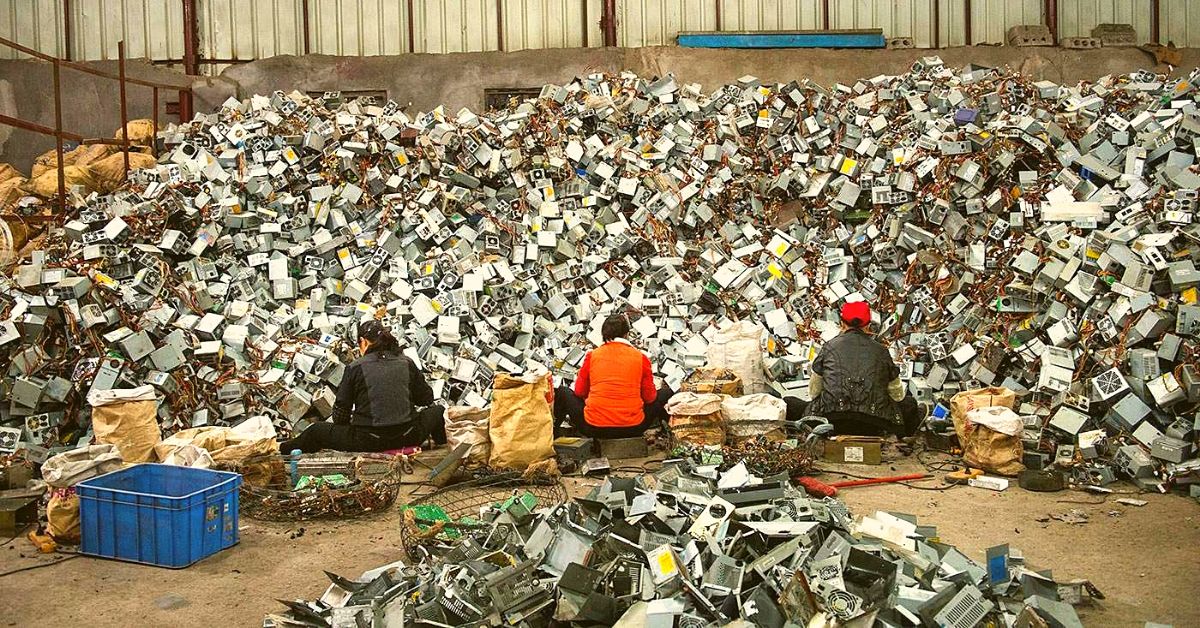05.03.2025
Global E-Waste Traders Targeting Malaysia
Illegal e-waste operations have made the headlines in Malaysia over the past few weeks, with materials worth billions in dollars seized by the authorities in various raids. A nationwide crackdown from January last year to Feb 17 this year led to the seizure of RM3.8 billion in materials, and the arrest of 538 people. The authorities seized 301 containers between March and June; 106 containers were filled with e-waste and scrap metal, mostly from developed countries such as the US. Last year, global waste trade watchdog Basel Action Network warned the natural resources and environmental sustainability ministry of a surge in illegal e-waste trafficking to Malaysia, particularly from North America. In Malaysia, the customs department had said that consignments of e-waste were being illegally imported through fraud and the use of false declarations, with operators allegedly giving bribes to prevent enforcement action. Illegal import and processing of e-waste in Malaysia has resulted in growing piles of unusable scrap in hidden, unmanaged landfills. These landfills, often located in hidden locations, are burned and left unmanaged. This is a serious concern since e-waste contains toxic and hazardous materials such as mercury, lead, cadmium and others that can harm both the environment and humans. Improper disposal and illegal processing, such as the burning of e-waste, have led to increasing cases of respiratory illnesses and increased risks of neurological disorders and cancer. Over time, the accumulation of toxins also disrupts ecosystems, threatens wildlife and food chains, contributing to the environmental crisis in Malaysia.
Credit: FMT
Credit: FMT
Poverty deprives people of adequate education, health care and of life's most basic necessities- safe living conditions (including clean air and clean drinking water) and an adequate food supply. The developed (industrialized) countries today account for roughly 20 percent of the world's population but control about 80 percent of the world's wealth.
Poverty and pollution seem to operate in a vicious cycle that, so far, has been hard to break. Even in the developed nations, the gap between the rich and the poor is evident in their respective social and environmental conditions.
Poverty and pollution seem to operate in a vicious cycle that, so far, has been hard to break. Even in the developed nations, the gap between the rich and the poor is evident in their respective social and environmental conditions.















